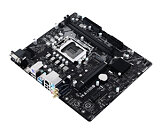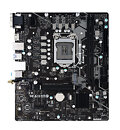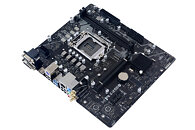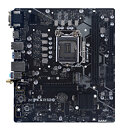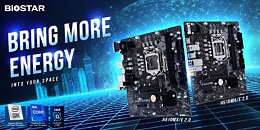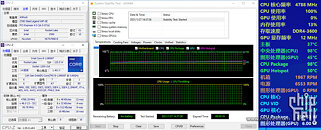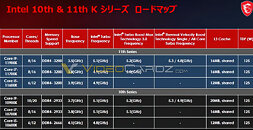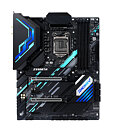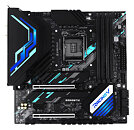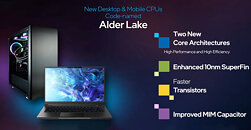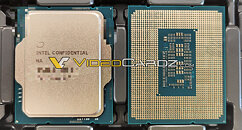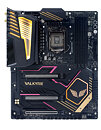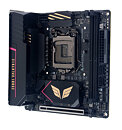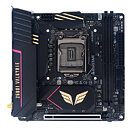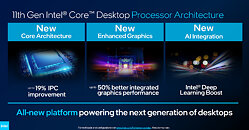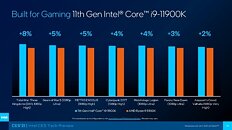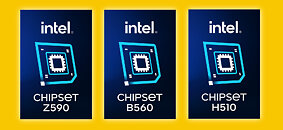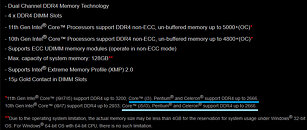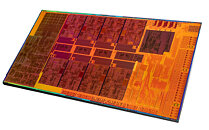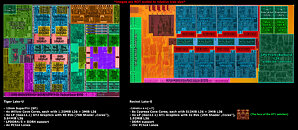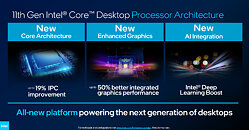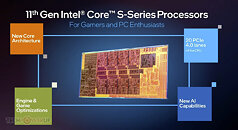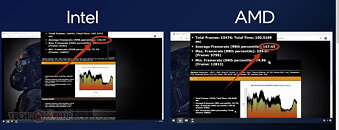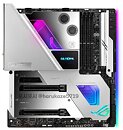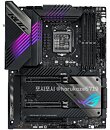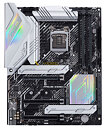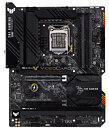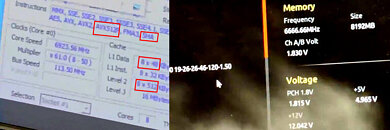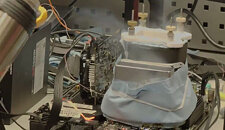
BIOSTAR Announces the Intel H510 Series Motherboards
BIOSTAR, a leading manufacturer of motherboards, graphics cards, and storage devices today, announces the launch of their new H510 series motherboards designed to run the latest Intel 11th gen Rocket Lake-S processors. Introduced to the market in two Micro-ATX models, the H510MH/E 2.0 and the H510MX/E 2.0 motherboards are designed to be the best choice for business and casual use. Based on Intel's H510 single chip architecture, these motherboards are ready to unleash the true potential of the latest Intel 11th gen processors.
Equipped with all the essential features, the new H510 series comes from an immensely popular lineage of motherboards from BIOSTAR used all over the world in many offices that combine cutting edge technology with proven durability for smart business solutions. Designed to optimize any professional workflow, the H510 series motherboards bring the latest technology for users like PCIe 4.0 and WiFi 6 optimized to perfection with the protection and stability of BIOSTAR's proprietary Super Hyper PWM technology. Both motherboards support dual-channel DDR4 memory, optimized to run up to 64 GB and a maximum clock speed 2933 MHz.
Equipped with all the essential features, the new H510 series comes from an immensely popular lineage of motherboards from BIOSTAR used all over the world in many offices that combine cutting edge technology with proven durability for smart business solutions. Designed to optimize any professional workflow, the H510 series motherboards bring the latest technology for users like PCIe 4.0 and WiFi 6 optimized to perfection with the protection and stability of BIOSTAR's proprietary Super Hyper PWM technology. Both motherboards support dual-channel DDR4 memory, optimized to run up to 64 GB and a maximum clock speed 2933 MHz.
